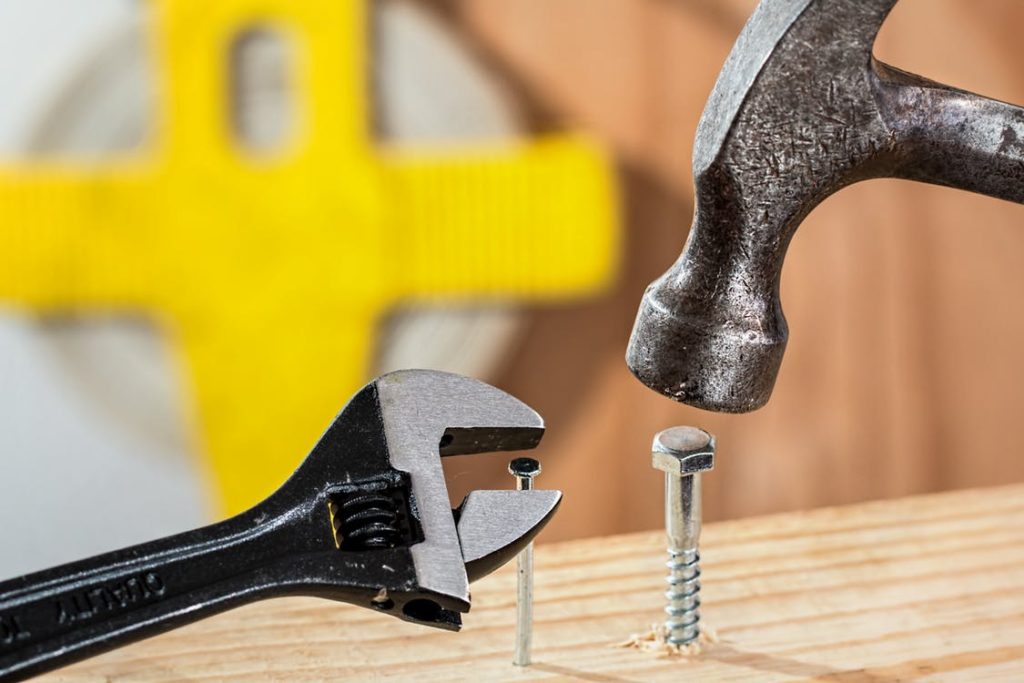Everyone likes to feel knowledgeable and give advice. Unfortunately all of the advice that people give is not always all that good. I frequently meet people who have been given incorrect advice. Some of the most common well-intentioned, yet incorrect, advice I have heard is listed here.
Have you ever heard anyone say something like this?
- “I don’t have anything, so I don’t need a will.”
- “My family knows everything I want to have happen, and they will take care of it.”
- “As soon as I die, my spouse automatically gets everything.” or “Everything just goes to my kids.”
- “That’s the way it should be, so that’s what will happen, right?”
These are some of the most common things I have heard, and they all qualify as terrible advice. As with anything else in life, there is a significant amount of misinformation out there concerning estate planning. Sometimes it even comes from what may appear to be credible sources. Estate planning is far too important to leave to chance, and it’s certainly not something you want to base on incorrect advice!
“That’s the way it should be, so that’s what will happen, right?”
The most common mistake, and by far the worst advice, I hear as an estate planning attorney is people who confuse what they think should happen with what will happen, or what the law dictates will happen in default.
Perhaps because people really want something to be true, they assume it will be, or perhaps people believe that if they really believe something then it will happen, but that is not necessarily the case with estate planning. I have been to many business seminars, heard the expressions of positive thinking, and been told that “what the mind can conceive and believe, it can achieve.” I understand this concept and that your thoughts direct your actions, and your actions become what you achieve.

The problem with this way of thinking in estate planning law is that your thoughts are not the only thoughts involved.
The State Legislature makes the laws, and has set up default rules for estate planning and who gets property after someone passes away. The law itself states that if someone dies without a will (called intestate) the intestate succession laws–the default rules–apply and distribute property as the State Legislature dictates. The default rules state that these rules apply unless the default rules are modified by a will, trust, or other similar instrument. This is in the very first sentence of the default rules. So, the first thing the law says is that the default rules can be modified by a will or trust as part of an estate plan; the default rules almost encourage you to modify them in a will or trust.
The default rules can be complicated, and if you rely on the default rules to achieve your result, you need to make sure the default rules accomplish what you want. The default rules may also not reflect what you think should happen. Default rules are not set up to accommodate your personal preferences and the way you want to things to happen. That is why estate planning needs to be customized to you and your family, not left to the default rules.
Consider these two statements:
“As soon as I die, my spouse automatically gets everything.” and “Everything just goes to my kids.”

Are these true under the default rules? The correct answer is not a clear “yes” or “no,” but is definitely “maybe.” Automatic is not really a word that we want to use in estate planning, as nothing seems to happen automatically. Depending on your marital situation, and whether or not you have children that are from different relationships, the statements listed above may, or may not, be true. The best approach is to create an estate plan that reflects what you want, not relying on the default rules. Whatever plan you create, you want the plan to reflect your wishes clearly, and not leave it to chance.
“My family knows everything I want to have happen, and they will take care of it.”
Wouldn’t it be wonderful if this were the case! Unfortunately, this piece of advice is impossible, as the rules don’t just allow your family to take care of everything. You are a unique individual, and the law does not want to take away your ability to decide what happens to your assets. This means if you want to sell assets, transfer them, give them away, use them for your own mean and to advance your cause, or simply squander them, you can do what you please with your assets. When you die, the law wants to know what you want to do with the assets, but the law is concerned with making sure the proper person transfers assets to your heirs after your death. The law wants an orderly transfer of assets, not a free for all, which could take place without a plan in place.

Avoiding chaos and confusion over what will happen to your assets is a large goal of estate planning. The law wants you to be dictate who gets what, even if you are deceased, and the law wants to recognize who has proper authority to transfer your assets, someone you can name. The proper person gets legal authority from the courts in probate or your trust agreement if you have a trust, but the person needs to be properly named in an estate planning document, or qualified by State statute. We don’t want someone who isn’t you, or isn’t properly authorized by you and the law giving away your assets at your death. Even if you think you have nothing, what you do have needs to be protected.

“I don’t have anything, so I don’t need a will.”
As the old saying goes, “if you fail to plan, then you plan to fail.” A will says what happens to your assets when you die. You may not have very many assets, but you probably own something. Most people own a house, or a car, which are fairly significant assets, even if the assets do not have a lot of equity in them. Ownership of an asset requires transferring ownership at death. Even if you don’t have any equity, someone still needs to dispose of an asset to pay off a loan against it, so a will or other planning document is important. Your plan may not need to be complicated, but without a plan, your family is left in the dark and will need to go through more time consuming and difficult legal procedures to address the mess left behind. Don’t leave them in a bad spot.
WHERE TO FIND GOOD ESTATE PLANNING ADVICE

The best estate planning advice you can get comes from an experienced estate planning attorney, who will carefully consider your situation and help you plan out what you want to have happen, within the rules of the law. Not all attorneys specialize in estate planning, and just because one attorney told you something, it may no longer be true, or may have been replaced by a new rule. Talk to an experienced estate planning attorney to get good advice. Schedule an appointment today.

 720-730-7274
720-730-7274










[…] plan, will, trust, power of attorney, or living will is more important than getting someone’s unbelievable promise in writing. With an estate plan, your wishes for where your property should go will get carried out only […]